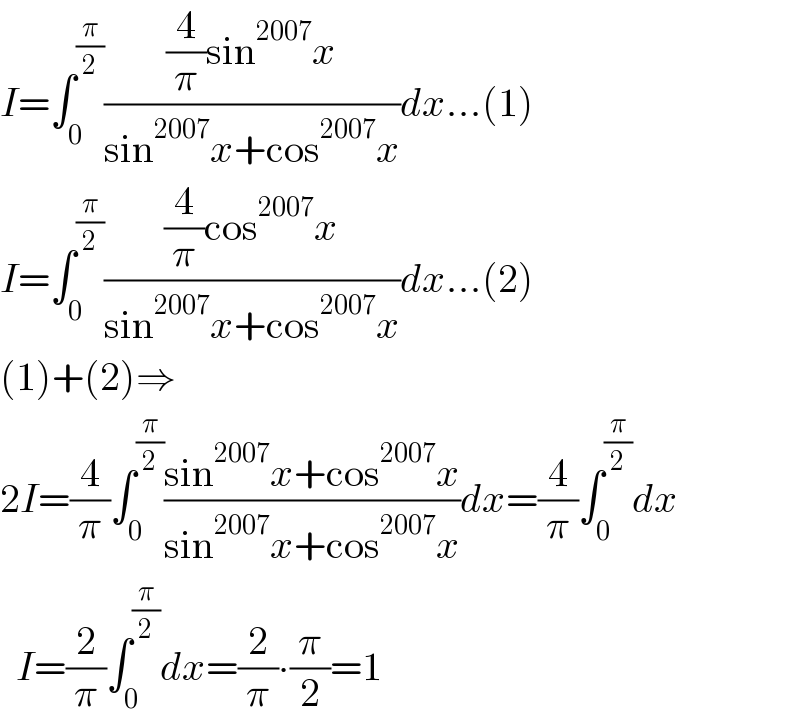
Question and Answers Forum
Question Number 163368 by nurtani last updated on 06/Jan/22

Answered by Ar Brandon last updated on 06/Jan/22

Commented by nurtani last updated on 06/Jan/22
thanks mr brandon
Commented by amin96 last updated on 06/Jan/22

Commented by Ar Brandon last updated on 06/Jan/22
My pleasure, friends!
